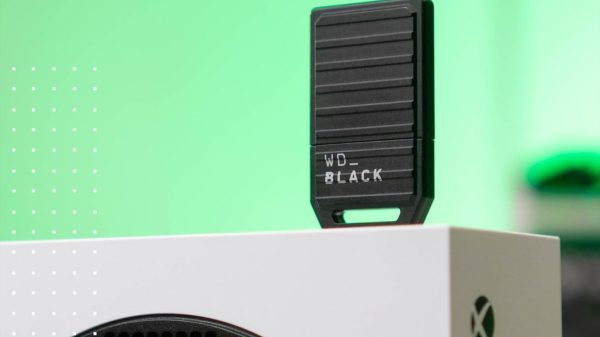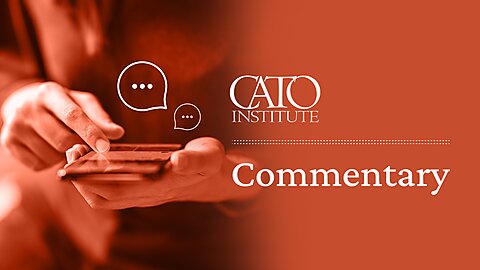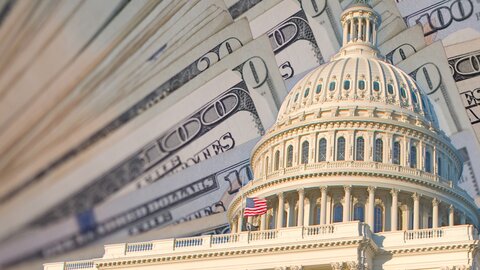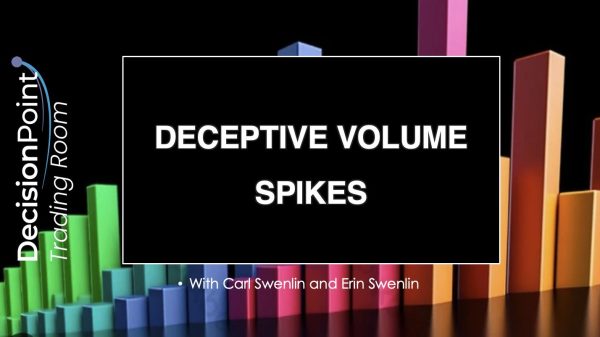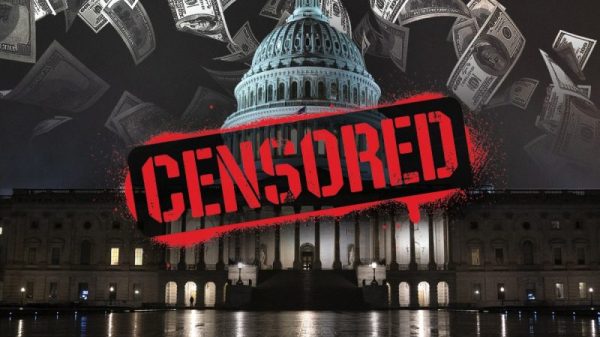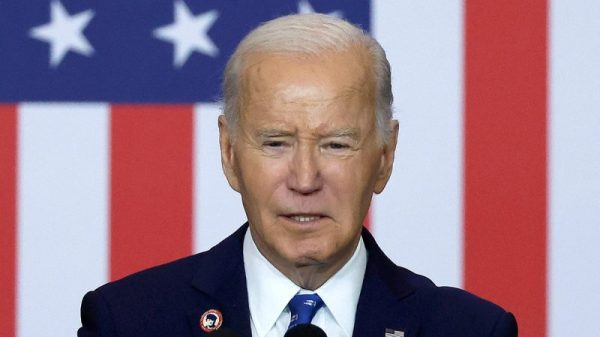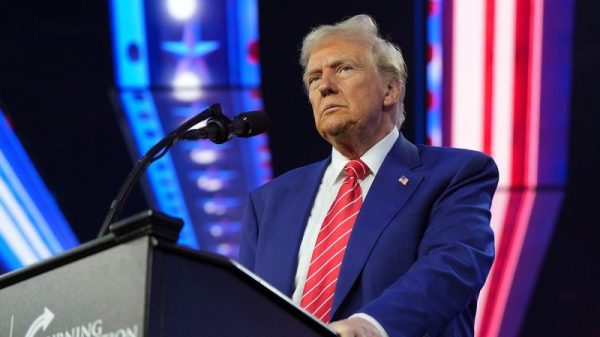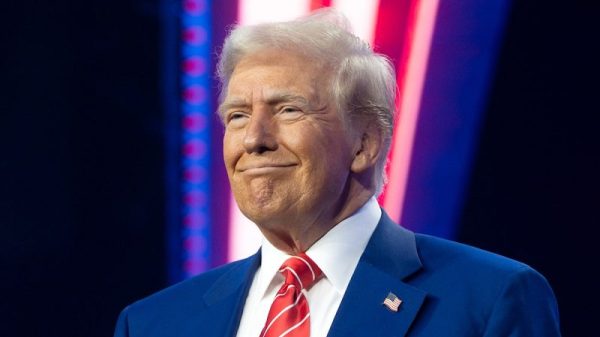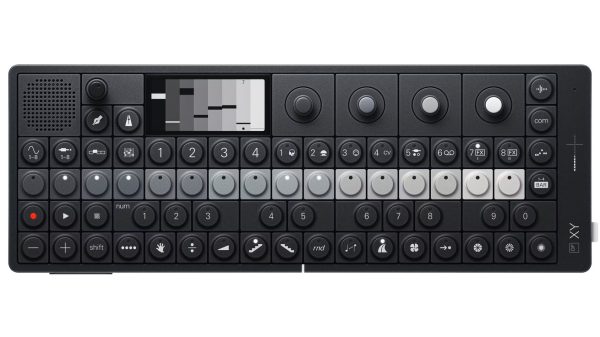Thomas A. Berry and Alexander Khoury

Since the creation of the market square, there have been boisterous, loquacious individuals who have solicited bids for unique items. Merchants have long relied on them to create interest in their products and help sell their wares. Today, Will McLemore practices that time-honored profession with a novel twist. McLemore (though his company McLemore Auction Company) hosts his auctions online.
In fact, McLemore founded one of the first online auction houses in Tennessee. Until recently, McLemore ran his auctions without needing a state-issued license. But in 2019, that changed.
Tennessee law now requires that auctioneers acquire a license before hosting online auctions. The law defines “auction” mostly by reference to speech. But the law also defines an “auction” as requiring a commercial transaction.
McLemore and a group of other auctioneers brought a lawsuit in federal court challenging the law under the First Amendment. A key question in the case is whether Tennessee’s regulation of a communicative, commercial activity imposes a burden on speech or instead only on conduct. A federal district court answered “conduct” and upheld the law under the most lenient form of judicial scrutiny, rational basis review.
The auctioneers have now appealed to the Sixth Circuit, and Cato has filed an amicus brief supporting them. In our brief, we highlight two points. First, pure speech is protected by the First Amendment, even when that speech advertises a product for sale. In 303 Creative LLC v. Elenis (2023), the Supreme Court set out a framework for determining what constitutes “pure speech.” Under that test, auctioneering is pure speech protected by the First Amendment and entitled to heightened scrutiny. As such, the district court was wrong to review Tennessee’s licensure law under rational basis review.
Second, protecting sellers’ speech rights does not threaten the state’s ability to regulate economic conduct. The number of pure speech activities is ever-growing. But that has not caused courts to mistakenly invalidate legitimate regulations of conduct. Instead, courts are doing the hard work of discerning which laws target protected speech and which laws target regulable conduct. And courts are likewise doing the hard work of determining when regulations of pure speech might nonetheless be justifiable under heightened scrutiny.
This work is crucial to protect the First Amendment rights of millions of American artists, essayists, writers, bloggers, and other creative commercial actors. Courts that engage in this work have followed in the Supreme Court’s footsteps by protecting sellers’ speech rights. The court of appeals should not hesitate to do the same.
The Sixth Circuit should reverse the district court and hold that auctioneers have a First Amendment right to speak for a living.



